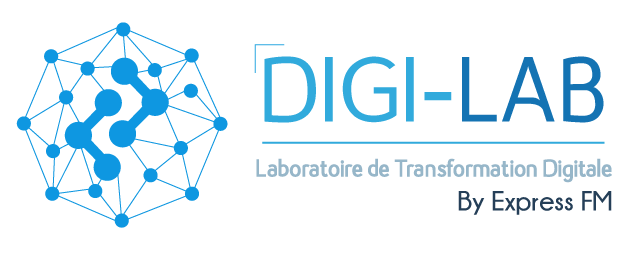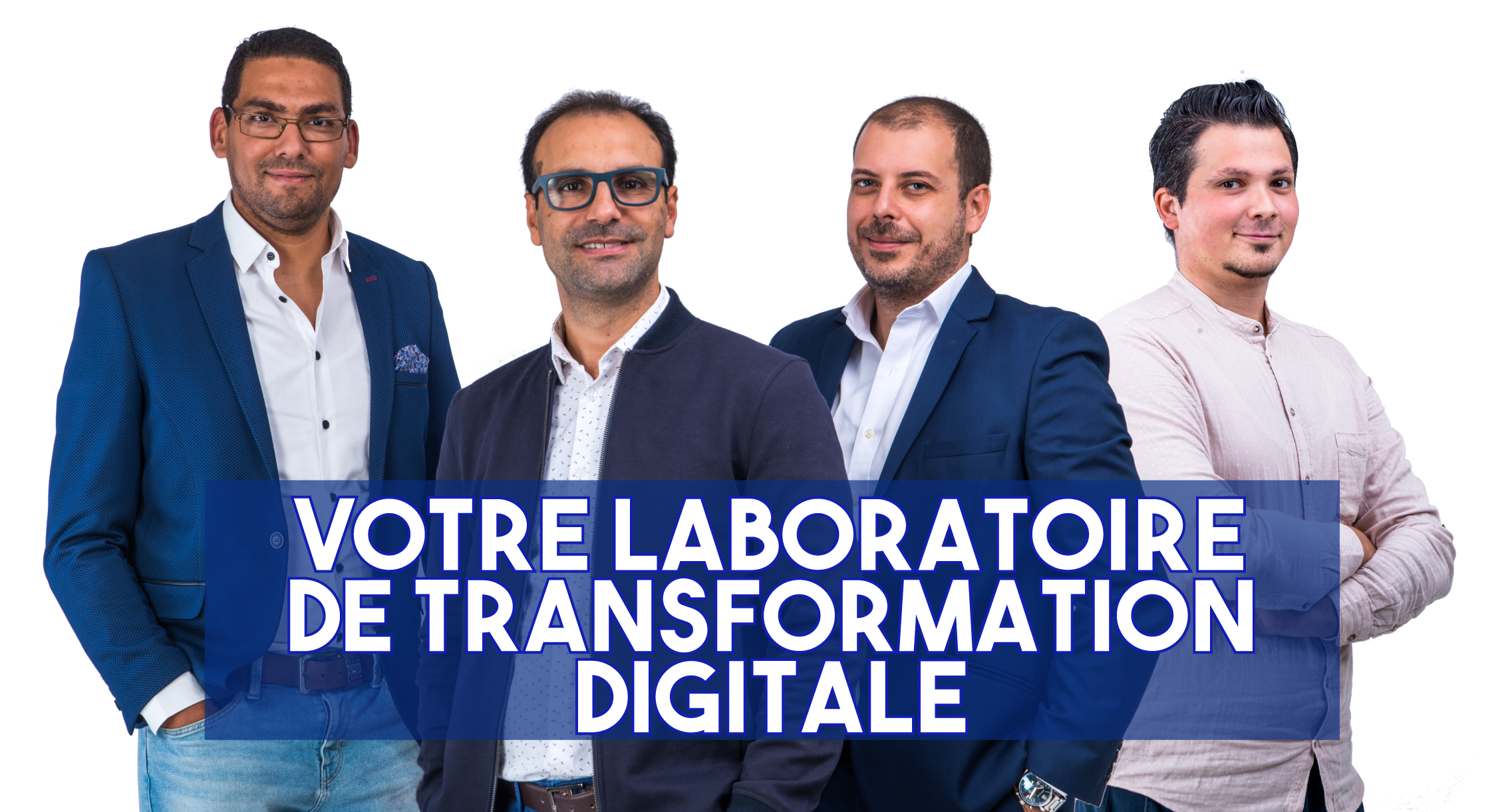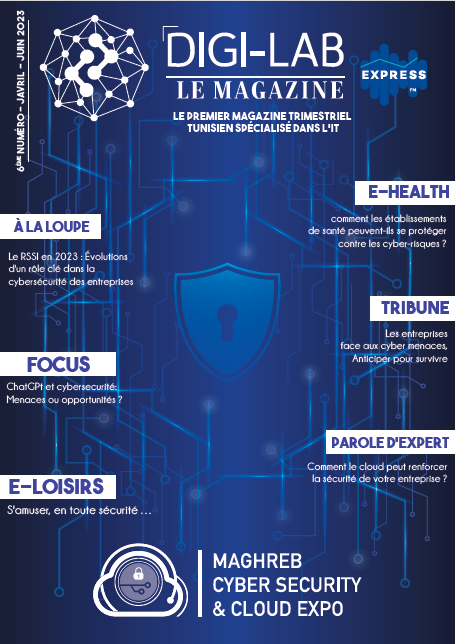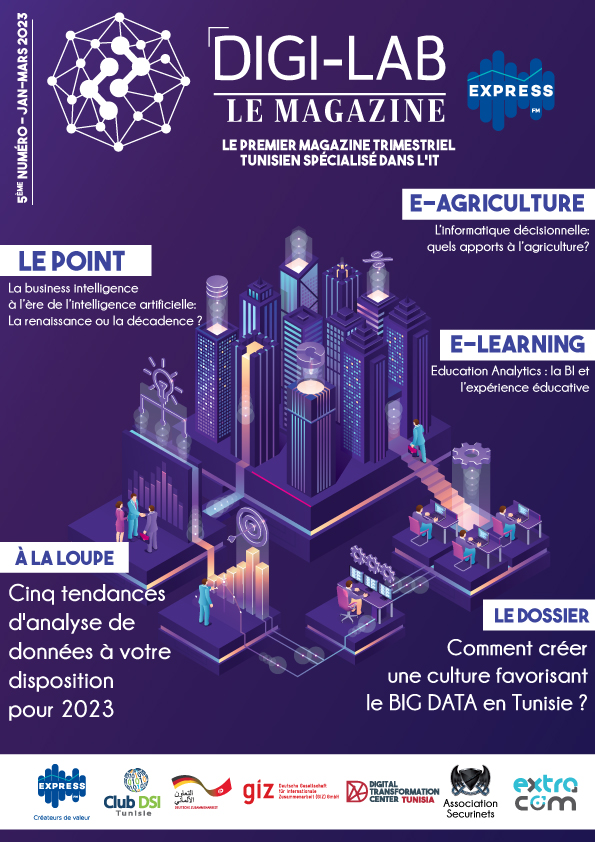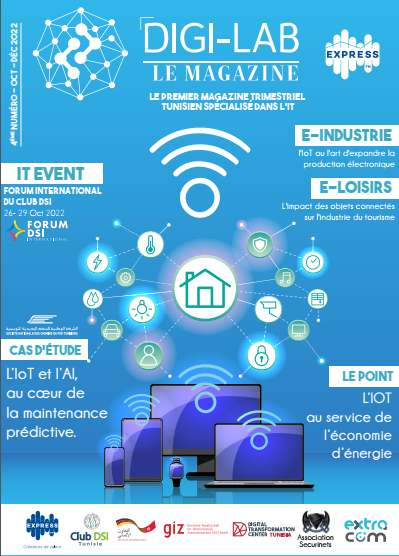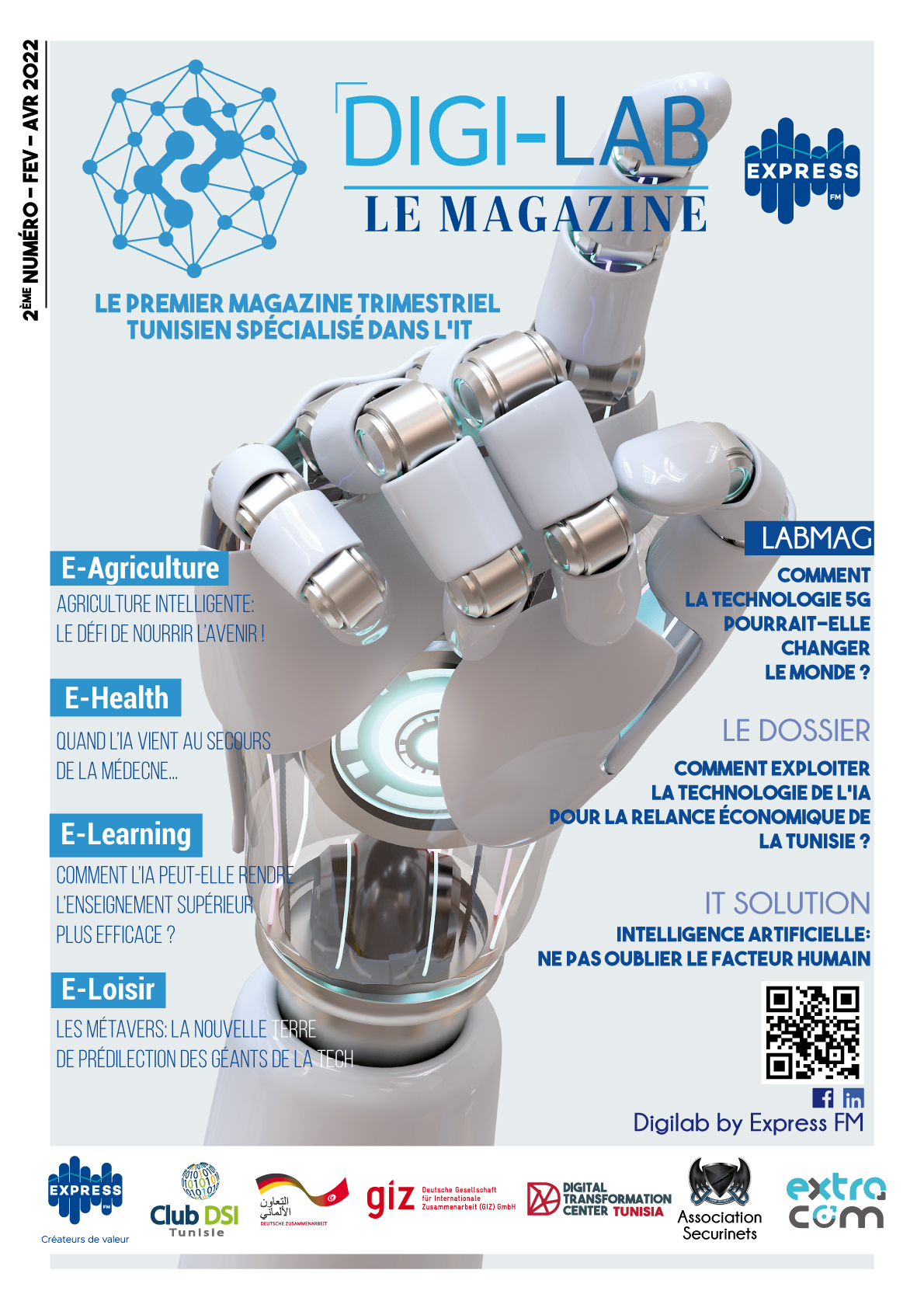Artificial Intelligence: A Game-Changer in Cybersecurity and Cloud Computing.

AI has transformed the world, automating many tasks that were previously done by humans, freeing up time and resources for more important tasks. It has also enabled us to analyze vast amounts of data, uncovering insights and patterns that would have been impossible to find otherwise. AI has had a profound impact on the world, transforming the way we live, work, and interact with each other. The previous year was filled with excitement in the technology industry, particularly with the emergence and rise of generative AI, which captivated leaders across various organizations with its potential opportunities.
With the increasing amount of data being generated and stored in the cloud and the rise of cyberattacks, the need for advanced security measures has never been greater. AI is playing a crucial role in addressing these challenges by providing advanced threat detection, data protection, and security automation. It has emerged as a dynamic force reshaping the paradigms of digital security.
Amid a 2023 surge in cyberattacks, experts predict an intensified focus on countering zero-day flaws and an increased reliance on AI in 2024. Malicious actors exploit AI for advanced attacks, such as social engineering, phishing, and malware. As Cyber threats become more sophisticated, and with the cloud assuming a central role as the backbone of modern IT infrastructure, AI has emerged as a pivotal force, reshaping traditional defense mechanisms, and strengthening the resilience of digital ecosystems. This convergence of AI with cybersecurity and cloud computing marks a transformative shift in how organizations address digital security challenges.
One of the key benefits of AI in cybersecurity is its ability to detect and prevent threats in real-time. AI algorithms can analyze large amounts of data to identify patterns and anomalies that may indicate a security breach. This allows organizations to respond quickly to potential threats, reducing the risk of data loss or theft.
AI is also being used to protect data in the cloud. AI algorithms can automatically classify and protect sensitive data, ensuring that it is only accessible to authorized users preventing data breaches and ensuring compliance with data protection regulations.
AI also helps to automate security processes in the cloud. AI-powered security tools can automatically monitor and respond to security events, reducing the need for manual intervention.
A report by Gartner predicts that by 2025, 50% of organizations will use AI to enhance their cloud security posture, emphasizing the growing significance of this integration. AI algorithms continuously monitor and assess activities within cloud infrastructures, swiftly identifying deviations from normal behavior. This not only fortifies data integrity but also ensures compliance with privacy regulations.
In the world of cloud computing, AI is playing a crucial role in:
- Optimizing and automating processes by analyzing large amounts of data to identify patterns and anomalies that can be used to improve performance and efficiency, allowing organizations to reduce costs and improve the speed and reliability of their cloud services.
- Enhancing the user experience in the cloud. Inf act, AI-powered tools can provide personalized recommendations and insights, helping users to make better decisions and work more effectively.
- Driving innovation in the cloud, by providing advanced tools and services for building intelligent applications, it is enabling organizations to create new products and services that were previously impossible. This is helping organizations to stay ahead of the competition and drive growth and success.
While AI brings transformative benefits to cybersecurity and cloud computing, it also poses challenges. Security professionals must keep up with AI rapid evolution, and ethical considerations, such as the responsible use of AI in cybersecurity, which must be addressed.
Striking a balance between privacy, security, and the potential misuse of AI-powered tools requires careful navigation. As organizations continue to embrace AI Transformation, it is critical they develop clarity on how best to apply AI to meet their most pressing business needs.
Organizations must establish transparent guidelines and governance for AI implementation, ensuring the responsible and ethical deployment of these technologies. It is imperative for them to collaborate with other stakeholders to adopt AI solutions that adhere to ethical standards, transparency, and trustworthiness and create a secure and resilient digital ecosystem.
written by Larbi Ben Ali
